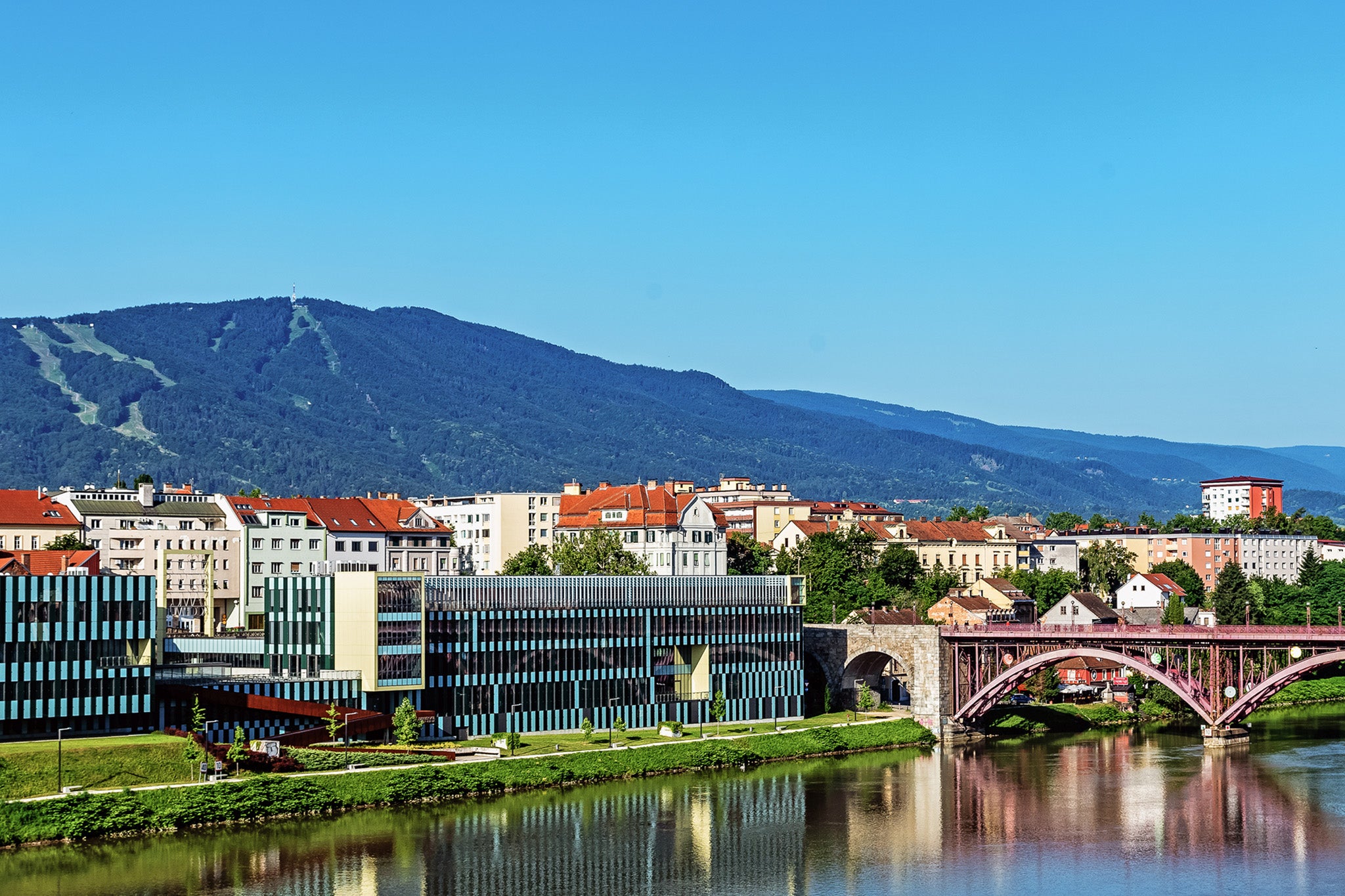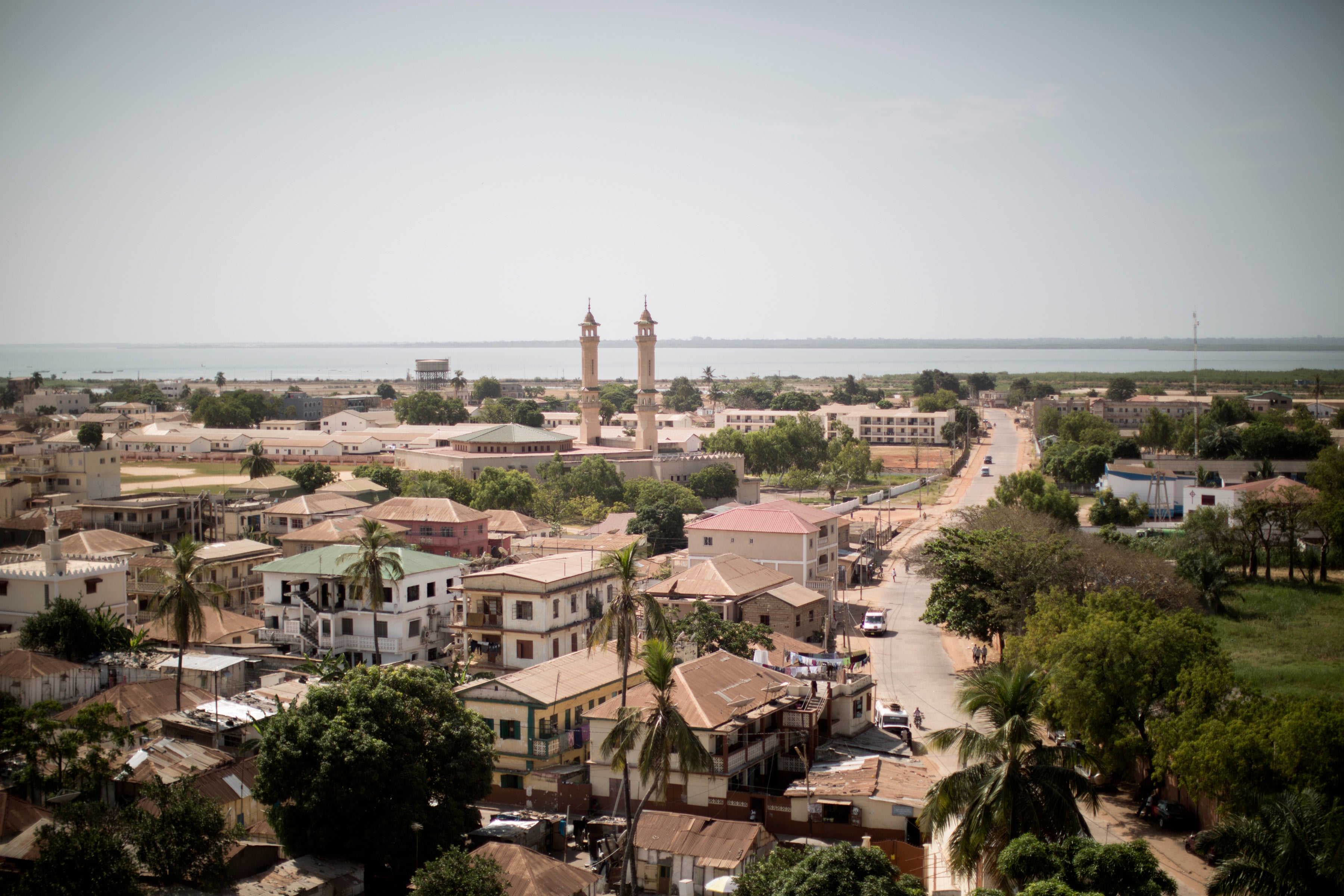How will changes to air passenger duty impact people travelling from remote parts of UK?
Simon Calder answers your questions on the APD adjustments, Covid rules for Hungary and returning to Britain from west Africa


Q When you were writing about the changes to air passenger duty announced in the Budget last week, you mentioned something about people being able to buy tickets from Inverness to destinations worldwide. How does that work, and is there anything to stop me simply buying a ticket from Inverness to Heathrow to Cape Town and pick up the plane at Heathrow?
Sarah C
A First, a refresher about what air passenger duty (APD) actually is: a tax that applies to passengers boarding a flight from a UK airport to anywhere. The amount depends on your final destination and class of travel. For trips of up to 2,000 miles, which covers all of Europe and parts of North Africa, the rate for economy passengers aged 16 and over is £13. Longer-haul flights are currently subject to APD of £82, due to increase to £84 in April 2022. And even if the first hop is a short-haul trip to Frankfurt or Istanbul, it’s the final destination that counts.
From 2023, trips of 2,000-5,500 miles will rise to £87, with longer trips subject to a slightly higher tax: £91.
These rates are for the most basic class of travel. Anything more comfortable – whether premium economy, business or first – attracts tax of at least twice the rate. And (bad news for families) it applies for app passengers aged 2 or over.
Some people seek to avoid the high rates of tax by taking a short hop – for example to Amsterdam, Dublin or Paris – and buying a separate ticket.
The leading exception is that flights from airports in the Highlands and Islands of Scotland are exempt. This is a perfectly reasonable state of affairs, because otherwise people who rely on air links within Scotland would be disproportionately penalised. It applies to Inverness and the many locations in the northern and western Isles with links to the mainland.
Weirdly, though, the rule applies to long-haul trips begun from Inverness. So anyone from northern Scotland heading for Cape Town would be advised to fly from Inverness, not Aberdeen – for a family of five travelling in premium economy it could save close to £1,000 in tax.
But please don’t try the dodge you suggest. As soon as you “no-show” in Inverness, your entire itinerary will be cancelled. But if you want to build in a trip to the lovely Scottish highlands before your trip to South Africa, that is entirely in order.

Q My daughter, aged 15, has been selected to represent GB fencing in Hungary later this month. I am fully vaccinated and am taking her. She is unvaccinated because she had Covid when the vaccination was due. She has now recovered. The NHS says she should not have a PCR or lateral flow test for 90 days because it may give a false positive. But Hungary requires either a PCR test or evidence of recovery to enter.
Evidence of recovery from the NHS seems to be available only to those aged 16-plus. How can I get evidence of her recovery – or what can I do that Hungary will be satisfied with to enter the country?
Proud Dad
A Congratulations on your daughter’s selection, but how frustrating to find yourselves in this tricky situation. I suggest she takes a PCR test as soon as possible, to assess whether it is likely that the “real” test to travel will yield a false positive – suggesting that she is infectious, when she is not.
If the test result is positive, I can see an alternative way through. The Foreign Office points out: “You can enter Hungary by road, rail and waterway from all the countries neighbouring Hungary (Croatia, Austria, Romania, Serbia, Slovakia, Slovenia and Ukraine) without any epidemiological restrictions, regardless of your nationality and coronavirus immunity.”
In other words – get into one of those nations and you have a clear run. So it’s a matter of choosing one of those countries that will admit her without proof of jabs or having to take a PCR test.
Of the options, Slovenia looks easiest. She will need a lateral flow test taken within 48 hours of departure, but all the evidence I have indicates that false positives are most unlikely with these cheap, rapid tests. Once there, you will need to travel across Slovenia’s eastern border with Hungary, near the city of Maribor. It is a lovely journey, which could be an interesting element to your trip.

Q Not being able to fill in the passenger locator form to return to the UK until 48 hours before arrival is causing problems. We will be in west Africa, with no access to the internet, until getting to Banjul airport in Gambia. From past experience, I know that the internet there can be dodgy. We are booked to fly to Brussels, where we have a three-hour gap before the onward flight to London Heathrow.
Presumably, Brussels Airlines will let us do the first leg and complete the UK passenger locator form at Brussels? We have already completed the paperwork for the time spent in transit at Brussels airport.
JDKO
A How marvellous to be in west Africa, and how frustrating to be trapped by the meagre allowance of 48 hours for registering your intention to travel to the UK.
Now, I am not completely confident in saying that you will be allowed on board without a problem. The reason is that airline ground staff have to follow strict protocols, and I imagine one of them says something along the lines of: “Only let a passenger on board if they have all the documents for their final destination.” This makes sense because otherwise you could be stuck in Brussels airport, where you would become the airline’s problem.
In your position I would ask someone at home who is reliable and trustworthy to complete the form on your behalf, so that when you reconnect with cyberspace you get an email with the completed form – hopefully at Banjul airport. Of course, they would need your travel and passport details.
Alternatively, you can do these three things:
1. On the basis that Brussels may be your first opportunity to complete the passenger locator form, contact the airline and explain your situation well in advance. With luck, the member of staff you speak to will be able to add a note to your booking saying, basically: “Please allow this person to board as far as Brussels even though they don’t have the British form.”
2. Set up a passenger locator form account ahead of your trip, which will shortcut things when you fill in the details at the airport.
3. If you are able to log on and complete the form at Banjul airport, then so much the better.
Question via the latest Ask Me Anything at independent.co.uk/travel
Email your questions to s@hols.tv or tweet @simoncalder






Join our commenting forum
Join thought-provoking conversations, follow other Independent readers and see their replies
Comments